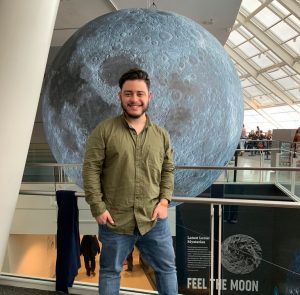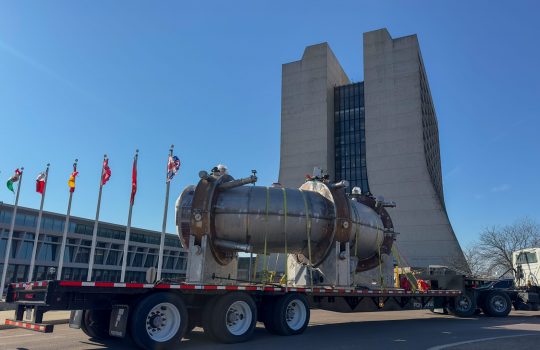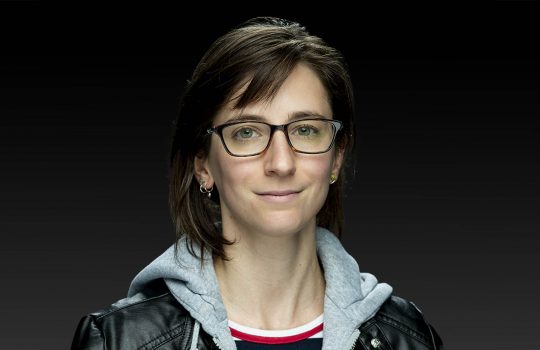Hector Carranza Jr. of the University of Texas at Arlington has received the prestigious Department of Energy Office of Science Graduate Student Research award, or SCGSR, to conduct his research at Fermilab. DOE awarded a total of 62 students from U.S. universities. He will work with Fermilab scientist Angela Fava on light-mass dark matter searches at the ICARUS neutrino experiment.
The goal of the SCGSR program is to prepare U.S. graduate students for STEM careers critically important to the DOE Office of Science mission by providing graduate thesis research opportunities at DOE laboratories.
The program plays an important role in sustaining a pipeline for highly skilled scientific and technological workforce development: The research projects proposed by the new awardees demonstrate strong alignment with the priority mission areas of the DOE Office of Science that have a high need for workforce development.
SCGSR fellows conduct part of their graduate thesis research at a DOE laboratory or facility in collaboration with a DOE laboratory scientist. Their research projects are expected to advance their overall doctoral theses while providing access to the expertise, resources and capabilities available at DOE laboratories.
The fellowship provides supplemental awards for graduate students to spend three to 12 consecutive months at the laboratory.
This work is supported by the DOE Office of Science.
Fermilab is supported by the Office of Science of the U.S. Department of Energy. The Office of Science is the single largest supporter of basic research in the physical sciences in the United States and is working to address some of the most pressing challenges of our time. For more information, visit science.energy.gov.




